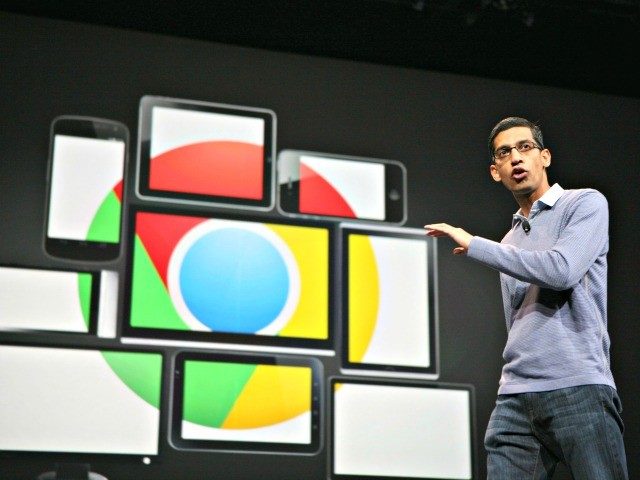A recent report outlines how Google has successfully slowed Amazon’s efforts to move into the smart TV market. Google reportedly wielded its monopoly power over the Android operating system that controls most smart TVs to stop Amazon’s competition.
A recent report from Protocol outlines how tech giant Google successfully prevented rival giant Amazon from expanding into the market of smart TVs despite Amazon’s success with its Fire TV streaming devices in recent years. Protocol reports that any company that licenses Google’s Android TV for its smart TVs or uses Anrdoid as a mobile operating system has to agree to prevent it from also building devices using forked versions of Android like Amazon’s Fire TV operating system.
Protocol reports that as a result of that restriction, Google has managed to monopolize the smart TV market:
With these terms, Google has effectively built a huge firewall against competition in the living room: The search giant announced last year that it had struck deals with six out of 10 smart TV manufacturers and 140 cable TV operators across the globe. “It basically blocked Amazon,” the senior employee said.
Regulators in multiple markets have in the past taken issue with Google using these kinds of deal terms to protect its mobile Android business, but their application in the smart TV space hasn’t been previously reported. Google declined to comment on the subject. Amazon’s Fire TV VP and GM Marc Whitten declined to talk about Google’s policies during a recent interview, but went on to lay out Amazon’s own approach toward engaging with manufacturing partners.
Protocol goes on to discuss Google’s Android Compatibility Commitment that manufacturers have to agree to in order to access the Google Play Store. Protocol reports:
However, the Android Compatibility Commitment blocks manufacturers from building devices based on forked versions of Android, such as Fire TV OS, that are not compatible with the Google-sanctioned version of Android. This even applies across device categories, according to two sources: Manufacturers that have signed on to the Android Compatibility Commitment for their mobile phone business are effectively not allowed to build Fire TV devices.
“You cannot manufacture any of those noncompliant devices,” the senior employee told Protocol. This type of contract was unlike any other partnership agreements in the industry, he said. “It’s completely unique.”
However, while Amazon is a focus for Google given the size of the company and its market dominance in many other areas of tech, they aren’t the only firm that Google is worried about.
Among app developers, there is a general sense of unease about having less competition among smart TV platforms. Most developers have business relationships with both Google and Amazon, making it harder for them to speak out publicly. In a conversation with Protocol, a developer of a popular streaming app suggested that healthy competition in the space was essential to negotiate fair business terms with smart TV platform operators.
“What’s important for us is seeing that there is competition in the market,” that developer said. “If there are monopolies in this space, then the interests of users and the interests of content providers are at risk.”
Read the full report in Protocol here.
Lucas Nolan is a reporter for Breitbart News covering issues of free speech and online censorship. Follow him on Twitter @LucasNolan or email him at lnolan@breitbart.com

COMMENTS
Please let us know if you're having issues with commenting.